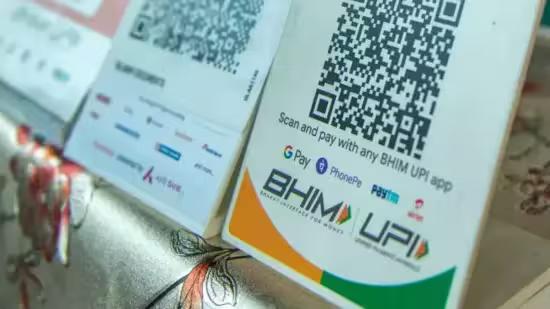
Trinidad & Tobago becomes the first Caribbean nation to adopt UPI
In a significant development, Trinidad and Tobago has become the first Caribbean country to adopt Unified Payments Interface (UPI), India’s flagship digital payment platform. The two countries agreed to explore further collaboration in the implementation of India Stack solutions, including DigiLocker, e-Sign, and Government e-Marketplace (GeM). This milestone was achieved during Prime Minister Narendra Modi’s two-day official visit to the Caribbean nation.
UPI, launched in India in 2016, has revolutionized digital payments in the country, enabling users to transfer funds between banks, make bill payments, and even purchase goods and services with a single click. Its adoption has not only reduced the dependence on cash transactions but also increased financial inclusion, particularly among the underbanked population.
The integration of UPI in Trinidad and Tobago marks a significant step forward in the country’s digital payment landscape. With this move, the island nation joins a growing list of countries that have adopted UPI, including Bhutan, Nepal, Russia, Pakistan, Canada, and the United Arab Emirates. The platform’s global presence has now expanded to eight countries, making it a significant player in the global digital payment space.
The agreement between India and Trinidad and Tobago was signed during PM Modi’s visit to the Caribbean nation, which aimed to strengthen bilateral ties and explore opportunities for cooperation in various sectors, including technology and finance. The collaboration is expected to benefit both countries, with Trinidad and Tobago gaining access to India’s innovative digital payment solutions, while India can leverage the expertise of the Caribbean nation in financial services and technology.
The adoption of UPI in Trinidad and Tobago is also expected to promote financial inclusion and reduce the reliance on cash transactions. The country has a large informal sector, which often relies on cash transactions, making it difficult to track and regulate financial flows. The integration of UPI can help to formalize these transactions, making it easier for the government to track and regulate financial flows, while also providing a safer and more convenient payment experience for citizens.
In addition to UPI, India and Trinidad and Tobago have also agreed to explore further collaboration in the implementation of other India Stack solutions, including DigiLocker, e-Sign, and Government e-Marketplace (GeM). DigiLocker is a digital locker service that allows citizens to store their documents, such as Aadhaar cards, driving licenses, and passports, in a secure online environment. e-Sign is an electronic signature platform that enables citizens to sign documents digitally, reducing the need for physical signatures. GeM is an e-procurement platform that allows government agencies to procure goods and services online, reducing corruption and increasing transparency.
The integration of these India Stack solutions in Trinidad and Tobago can help to improve the efficiency and transparency of government services, while also providing a more convenient experience for citizens. For instance, DigiLocker can help to reduce the need for physical documents, while e-Sign can reduce the need for physical signatures, making it easier for citizens to access government services.
In conclusion, the adoption of UPI in Trinidad and Tobago is a significant milestone in the country’s digital payment landscape. The integration of this innovative digital payment platform can help to promote financial inclusion, reduce the reliance on cash transactions, and provide a safer and more convenient payment experience for citizens. The agreement between India and Trinidad and Tobago to explore further collaboration in the implementation of India Stack solutions is also expected to promote financial inclusion and improve the efficiency and transparency of government services.






